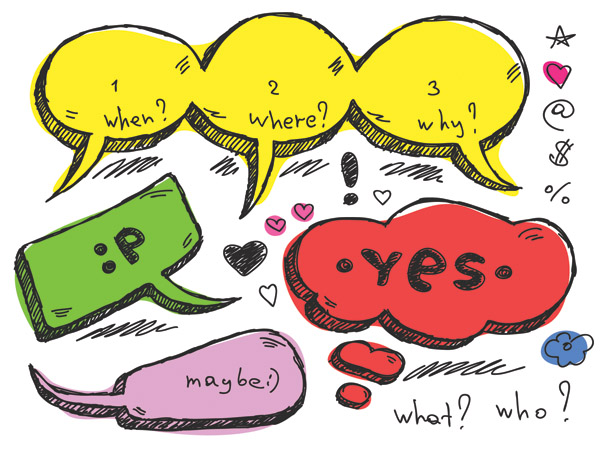
Experiment With Yes! (like Chico’s CEO)
A foundational rule in improvisational comedy is to “start with Yes!”
Performers are taught to accept whatever is offered in the dialogue and then expand on it. (ex: “I am the king of the world!” “Yes, I can see by the kangaroo on your head that it’s going well!” If instead I respond, “No, you’re not,” our exchange quickly deflates.)
In life starting with “Yes!” creates positive connection, fuels trust, and inspires creativity and collaboration.
As managers, we instinctively aim for a solution, deferring to our intelligence, experience, tenure, or title. In doing so, we often thwart people’s suggestions with our wisdom: “No, that doesn’t work.” “No, it’s not done that way.” “No, it’s not possible.”
But we don’t intend to denigrate others’ ideas. We actually go-to-no because we naturally feel it’s our job to save people, projects, and situations from calamity.
So what would happen if we experimented with Yes!…
Shelley Broader, CEO of Chico’s, a women’s clothing boutique, did just this.
Most retailers abhor Amazon; but condemning the behemoth doesn’t abate its impact.
Broader shifted Chico’s approach by experimenting with “Yes!” Instead of resisting the reality of Amazon, she embraced it.
Chico’s is now selling its merchandise on Amazon and allowing customers to easily return their purchases in any store or bring them in to be matched with additional items, like accessories.
The result? In-store sales have increased!
By starting with “Yes!”, Chico’s is expanding brand awareness, making it easy to do business with Chico’s, and attracting new foot traffic.
We too can shift from go-to-no to start-with-Yes!
Experiment with these phrases:
- Interesting, tell me more.
- How could we make that work?
- What can we do differently?
- Let’s explore that.
And the benefit of saying “Yes!” more often? Optimism… a characteristic we crave in leaders.





